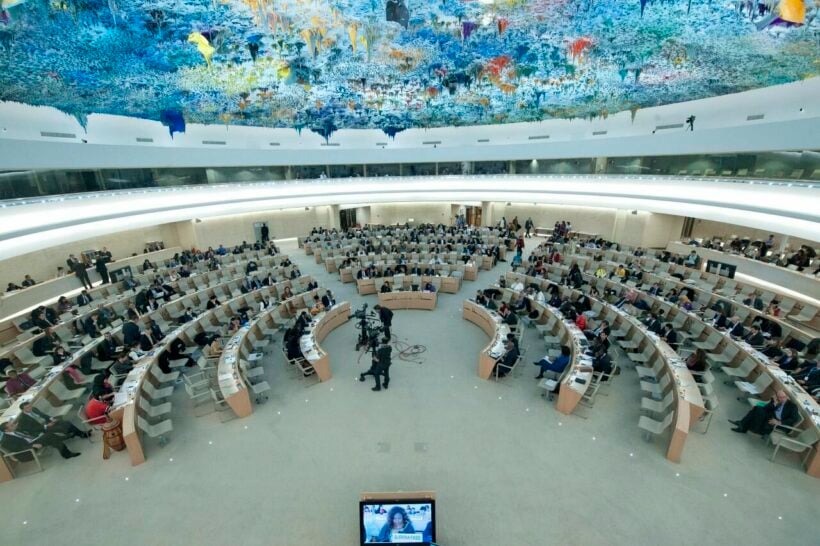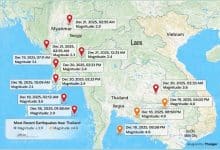Vietnam elected to UN Human Rights Council despite poor track record

Despite human rights groups calling for Vietnam to be excluded from the United Nations Human Rights Council, the country has won a three-year term in the Council. According to RFA.Org, the Southeast Asian nation received 145 of 189 valid votes, joining 13 other countries that were elected by members of the UN General Assembly in New York. Vietnam recently conducted a concentrated propaganda and lobbying drive to support its wishes to be elected to the Council. Critics, however, say that the country’s poor human rights record and diplomatic support for major rights violators abroad should have disqualified the one-party state.
Some of those human rights violations alleged by critics of the country include cracking down on activists, social media commentators and journalists. Critics also say that the addition of Vietnam goes along with the suspicions that such countries with questionable and known histories of human rights violations would allow them to team up with other countries of the same status to defend themselves as members of the Council. Those countries would then be able to join together to block council action on major crises. Phil Robertson, deputy Asia director of Human Rights Watch didn’t seem impressed with the country joining the Council.
“The Vietnamese government should demonstrate a genuine commitment to robust and rights-respecting climate policies by immediately and unconditionally releasing wrongfully imprisoned environmental defenders. As a new Human Rights Council member, the Vietnamese government should show that it’s prepared to uphold human rights rather than violate them.”
Four human rights groups- Amnesty International, Human Rights Watch, Article 19, and the International Commission of Jurists have responded to Vietnam’s entry into the Council by issuing a joint statement calling on the country to respect human rights and uphold international obligations to protect and promote such rights.
“Viet Nam [sic] must immediately commit to taking concrete steps to improve its human rights performance, including by releasing arbitrarily detained human rights defenders, including journalists, ensuring the rights to freedom of expression and association, and improving cooperation with international human rights mechanisms. Such steps would be needed for Viet Nam to become a credible member of the Council.”
The four rights groups highlighted Vietnam’s actions since announcing its candidacy for the Council. They say since 2021, Vietnam had detained, arrested or sentenced at least 48 journalists, NGO leaders and activists for arbitrary crimes. The groups also jointly called on Hanoi to accept the UN Human Rights Council Special Procedures request to gain full and unfettered access to the country to monitor the situation within and report back to the Council on its findings. But, in the past, Vietnam had rejected those requests.
The other countries elected to the council are Kyrgyzstan, Bangladesh, Belgium, Chile, Costa Rica, Algeria, Georgia, Germany, Maldives, Morocco, Romania, South Africa, and Sudan. Three other NGOs have jointly issued a report on rights abuses by the 14 candidate countries. The report noted that rights in Vietnam had not improved and that it had opposed resolutions to support rights victims in Belarus, Iran, Burundi, and Syria.
Another group of NGOs from the US, Europe and Canada called on UN member states to oppose the election of Vietnam, along with Afghanistan, Algeria, Sudan and Venezuela. The groups say these countries are unqualified because of their grim human rights records and voting records on UN resolutions concerning human rights.
Latest Thailand News
Follow The Thaiger on Google News:


























